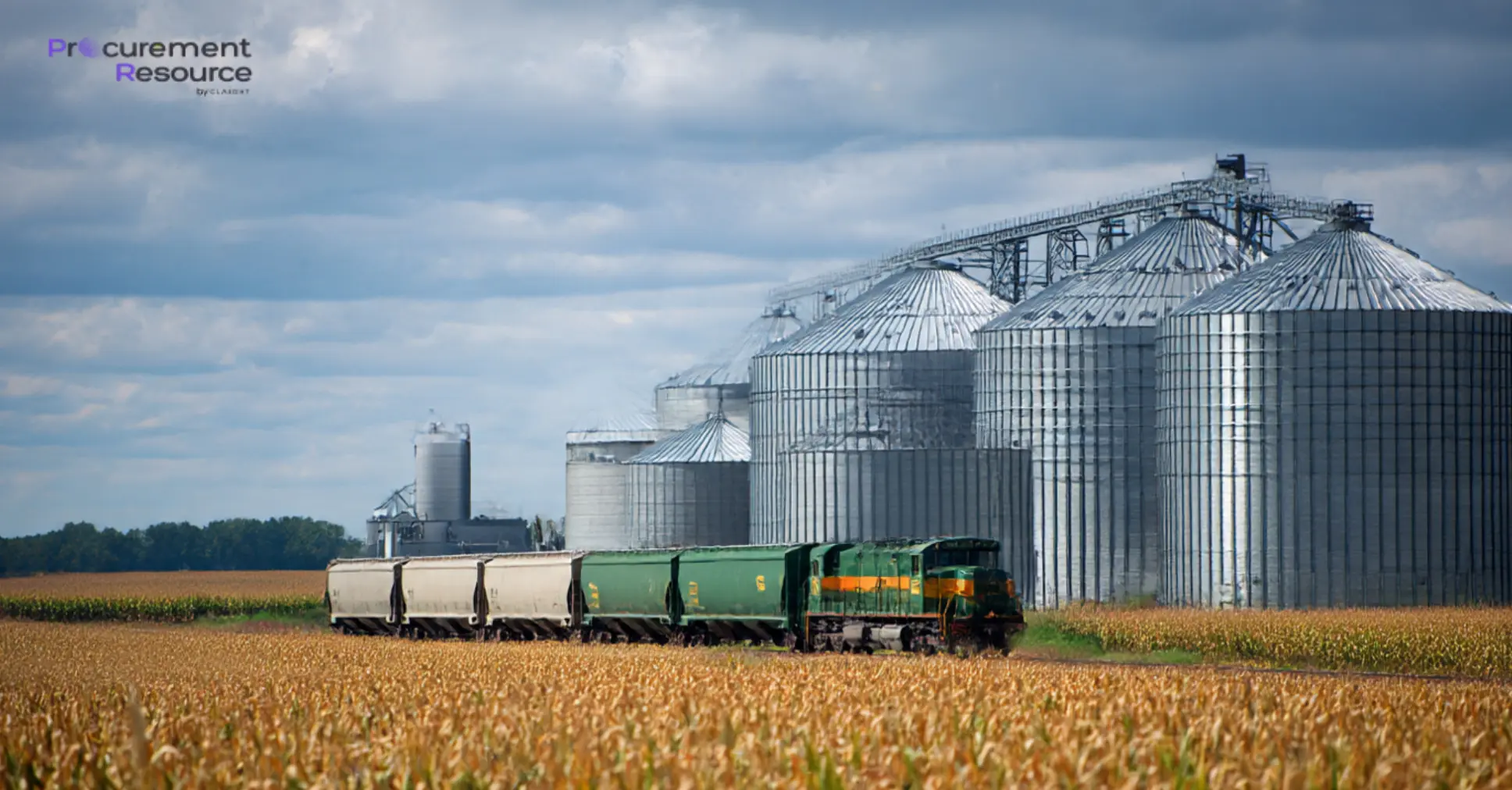Thailand's Chlor-Alkali Output Capacity to be Increased by AGC
.webp)
AGC Group, a global leader in glass, chemicals, and high-tech materials, has decided to expand the production capacity of AGC Vinythai Public Entity Limited (due to start operations in July 2022), a new company that will merge AGC's chlor-alkali business on the Indochina Peninsula.
There will be an expansion of two production locations in Thailand, with their operations set to begin in the first quarter of 2025. The global investment is anticipated to be in surplus of 100 billion yen, making it the AGC Group's greatest ever.
AGC's annual chlor-alkali product production capacity in Southeast Asia will rise to 1.64 million tonnes of caustic soda (up from 1.42 million tonnes), 1.7 million tonnes of vinyl chloride monomer (VCM) (up from 1.3 million tonnes), and 1.6 million tonnes of polyvinyl chloride (PVC) with this expansion (currently 1.2 million tonnes).
Caustic soda and PVC are crucial materials for the advancement of urban infrastructure such as water and sewage systems, and a broad range of industrial products, and the Southeast Asian market for both is likely to grow at a rate of about 4% per year, due to continued expansion in manufacturing and infrastructure projects in line with economic growth.
AGC has been investigating this expansion to meet this strong demand and has finally opted to invest after receiving approval from the Thai environmental regulatory authorities for the environmental impact assessment. Furthermore, this capacity increase will bring cutting-edge technologies that will boost energy and production efficiency while lowering environmental impact.
The AGC Group plans to grow its chlor-alkali chemicals business throughout Southeast Asia as one of their important business categories of its AGC plus-2023 medium-term management plan. AGC has expanded output capability at its existing base in Indonesia and acquired AGC Chemicals Vietnam Co., Ltd. and Vinythai Public Company Limited to solidify its prominent position in the chlor-alkali business in Southeast Asia, with the goal of steadily capturing the region's growing demand and strengthening the Group's competitiveness. AGC intends to establish a new company on the Indochina Peninsula in July 2022 to combine and reorganise its three chlor-alkali companies, with the goal of strengthening its regional base and achieving further growth.
As part of its sustainability operations, the AGC Group will continue to make every effort to reduce environmental effect and contribute to the realisation of safe, secure, and healthy living in the region, as well as the long-term growth of Southeast Asian society.
The chloralkali process (also known as chlor-alkali or chlor alkali) is a commercial electrolysis method for sodium chloride solutions. It's the method for making chlorine and sodium hydroxide (caustic soda), both of which are common industrial chemicals. In 1987, this process produced 35 million tonnes of chlorine.
This technique produces chlorine and sodium hydroxide, which are frequently utilised in the chemical industry. The procedure is usually carried out on a brine (an aqueous solution of NaCl), which produces NaOH, hydrogen, and chlorine. When calcium chloride or potassium chloride is used instead of sodium, the products contain calcium or potassium. Whereas, Chlorine and sodium metal is produced by using Molten NaCl, and condensed hydrogen chloride is used to produce hydrogen.


.webp)
-(1).webp)